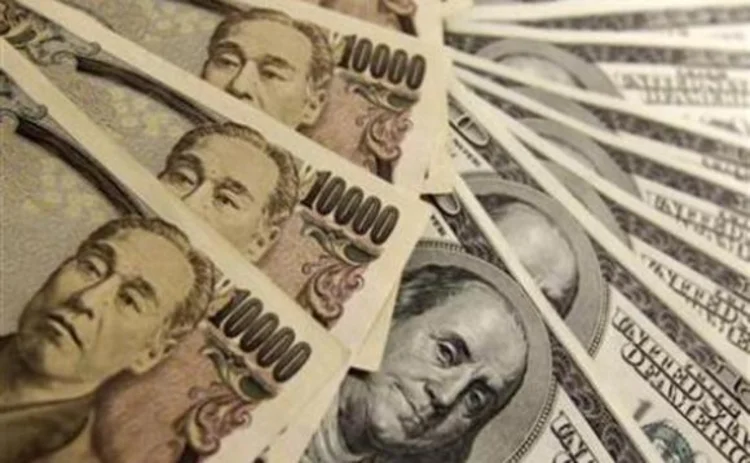
G-20 vows to resist entering currency wars

Christine Lagarde, managing director of the IMF, has rejected fears that countries may engage in a race to competitively devalue their currencies, after G-20 central bank governors and finance ministers reaffirmed their commitment to exchange rate flexibility at a meeting in Moscow.
A communiqué released by the G-20 on February 16 stressed countries' commitments to avoid competitive devaluation: "We will not target our exchange rates for competitive purposes, will resist all forms of protectionism and keep our markets open."
"We think that talk of currency wars is overblown," Lagarde said in a statement after the meeting. "People did talk about their currency worries. The good news is that the G-20 responded with co-operation rather than conflict today."
Much of the scrutiny regarding competitive devaluation has focused on Japan, after the yen began falling sharply against the dollar in September last year. But Naoyuki Yoshino, a professor of economics at Keio University in Tokyo, says the Bank of Japan is focusing on its inflation target, and the yen is simply moving back towards fundamentals.
Yoshino attributes the yen's strength to safe haven flows in recent years. "The appreciation of the yen was caused by huge inflows of capital from overseas last year and two years ago," he tells CentralBanking.com. This was partly due to weakness in the European and US economies, and partly due to China's fixed exchange rate and capital controls, he says.
Indeed, by historical standards, the yen is still high. On June 26, 2007, its value bottomed out at 123.8 to the dollar, but the yen is at 93.9 to the dollar today – some 24% higher.
Yoshino notes that despite the G-20 commitment, not all its members adhered to the rules. "I think China should also be criticised, if they do not open their economy," he says. "If the Chinese kept their markets more open, the renminbi would have appreciated much more."
Similarly, economist Paul Krugman argues the Bank of Japan is just doing its job – which he says is no bad thing. In his New York Times blog he points out that if two countries engage in a currency war, "the end result is at worst to leave everyone back where they started".
In reality, said Krugman, "the stuff that's now being called "currency wars" is almost surely a net plus for the world economy". He added that the Bank of Japan is simply attempting to pursue expansionary monetary policy, with depreciation the by-product.
Only users who have a paid subscription or are part of a corporate subscription are able to print or copy content.
To access these options, along with all other subscription benefits, please contact info@centralbanking.com or view our subscription options here: http://subscriptions.centralbanking.com/subscribe
You are currently unable to print this content. Please contact info@centralbanking.com to find out more.
You are currently unable to copy this content. Please contact info@centralbanking.com to find out more.
Copyright Infopro Digital Limited. All rights reserved.
You may share this content using our article tools. Printing this content is for the sole use of the Authorised User (named subscriber), as outlined in our terms and conditions - https://www.infopro-insight.com/terms-conditions/insight-subscriptions/
If you would like to purchase additional rights please email info@centralbanking.com
Copyright Infopro Digital Limited. All rights reserved.
You may share this content using our article tools. Copying this content is for the sole use of the Authorised User (named subscriber), as outlined in our terms and conditions - https://www.infopro-insight.com/terms-conditions/insight-subscriptions/
If you would like to purchase additional rights please email info@centralbanking.com
Most read
- Central banks prepare for the rise of AI
- BIS’s Zhang Tao on why Asian central banks favour a broader policy mix
- Retail CBDC complexity may discourage adoption, says research




